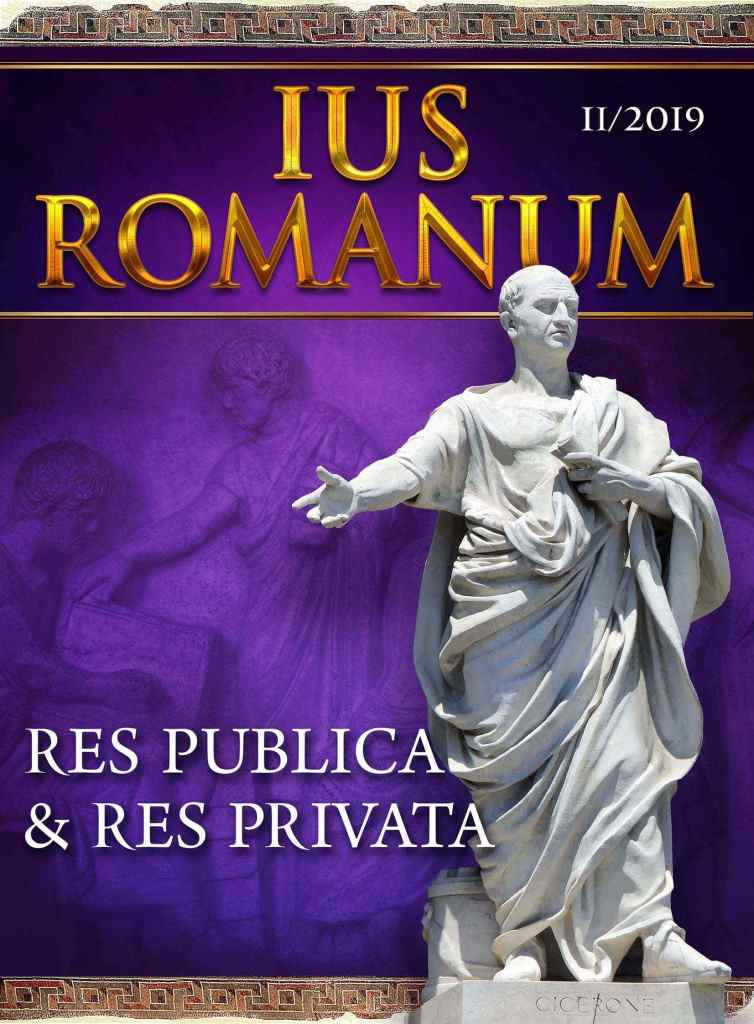ROMAN ARBITRATION – PRIVATE OR PUBLIC DISPUTE RESOLUTION?
ROMAN ARBITRATION – PRIVATE OR PUBLIC DISPUTE RESOLUTION?
Author(s): Ivan MilotićSubject(s): Law, Constitution, Jurisprudence, History of Law, Civil Law
Published by: Софийски университет »Св. Климент Охридски«
Keywords: arbitration; Roman law; arbitri; public law; private law; mandatory arbitration; ad-ministrative arbitration; arbitrium boni viri; arbitrium ex compromisso; arbitratus
Summary/Abstract: By means of terminological evidence that refers to arbitration, the Romans reveal wide range of individual and peculiar forms of dispute resolution that functioned outside civil litigation. Arbitrium or arbitratus was only a senior and generic legal term that the Romans introduced because of its all-inclusive meaning and because it was a common denominator of substantially different forms of proceedings that were modeled from case to case. Most probably, each of these forms supposed a separate and specific method or technique of dispute settlement that was in much of its content self-designed, context-based and shaped on specific needs of a particular case. The evidence of Romans suggests that these forms covered a wide spectrum of options, which ranged between two extremities: from means of dispute resolution that were fully private and legally unsanctioned (e.g. arbitrium boni viri) to those which in some way utilized the legal system. In former ones, to a certain degree, depending from case to case, the public authorities exercised their powers (e.g. dispute settlements ordered by a magistrate, administrative arbitrations etc.). Between these two points, the Romans knew of many degrees, i.e. individual methods that combined private initiative with a slight oversight of the Roman state. Taken together, all degrees that ranged between fully private and public points created a bridge between private and public justice. In this paper the author will examine position and role of arbitration (and arbitri) in the legal scale of the Roman system which varies between two extremities: public and private. Thereby he will make efforts to determine to what extent and with which constraints arbitration may be principally perceived as private means of dispute resolution. However, he will emphasize that most arbitrations were not fully private, while certain groups of them operated with the most evident impact of the public law.
Journal: IUS ROMANUM
- Issue Year: 2019
- Issue No: 2
- Page Range: 328-352
- Page Count: 25
- Language: English

